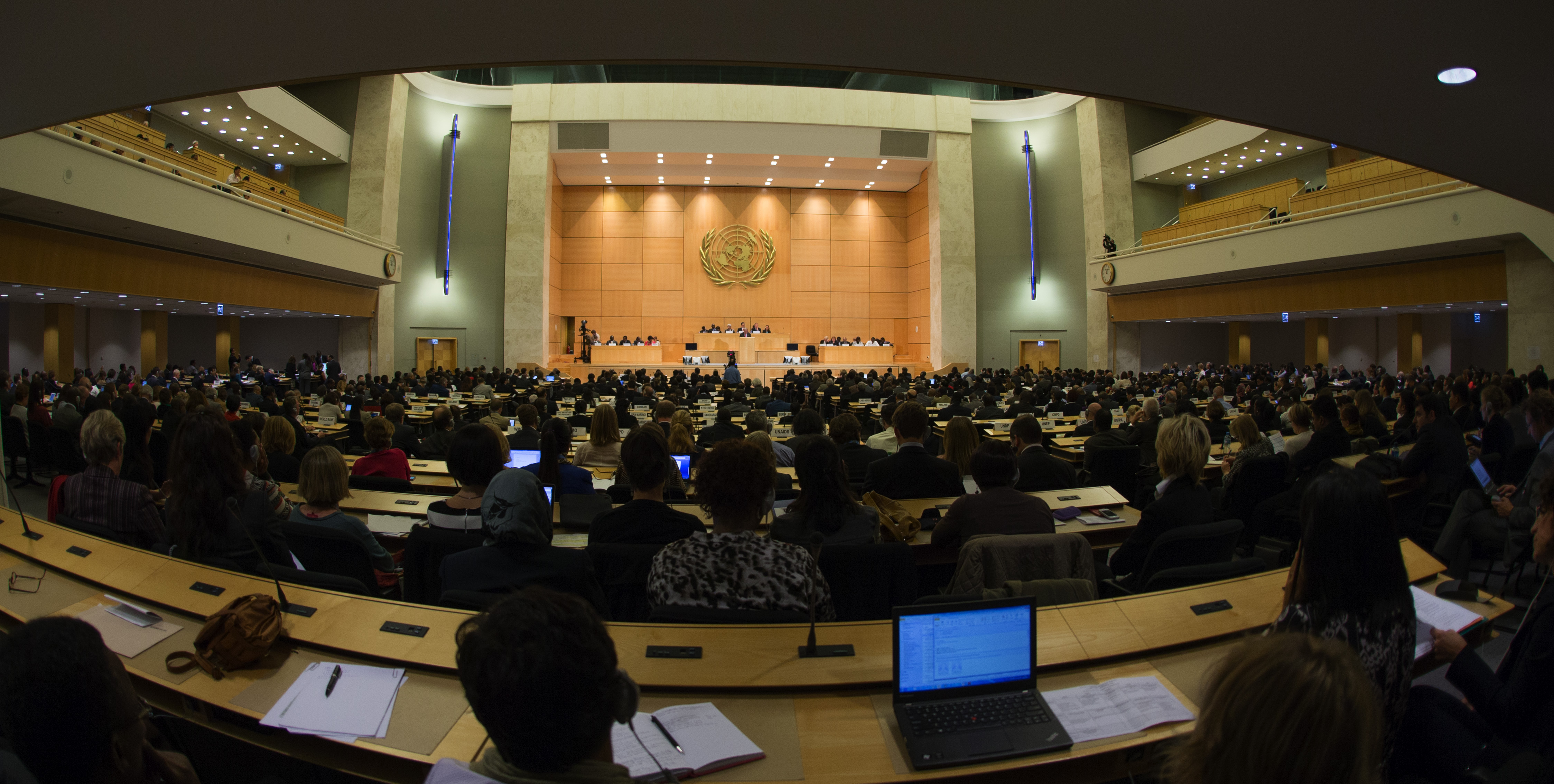Refugee Smugglers: Undercover Travel from Turkey to Europe

By Alec Hernandez
Refugees rarely make the journey to safety in Europe alone. Whether from the Middle East, North Africa, or other conflict-induced zones, the trip from home to safety involves peril and intensive logistical travel plans to make it to asylum. Refugee smugglers are typically the answer to this constant struggle of transportation to safety for asylum seekers leaving home. As neighboring countries to nations in conflict can no longer continue to handle the decline in humanitarian and social conditions in the camp, refugees in the Middle East are beginning to look further for refuge.
In recent years of conflict, Istanbul and other cities in Turkey have become hubs for human traffickers and smugglers. Negotiations between refugees and smugglers can begin over a simple meal in local restaurants that cater to Arab costumers. The conversation can cover everything from destination to price depending on how flexible the provided services can be. Across the room, another pair of associates may be making a clandestine transaction that would involve selling a family visas, passports, or any other kind of documentation to get to Europe.

Deciding whether or not the smugglers are reliable is an entirely different matter. Often times, refugees have little say in how they are smuggled across continental lines. In a 2013 Vice News report, Ali, a Syrian Palestinian refugee, had no other choice but to trust a smuggler to reach his goal – residency in a prosperous European Union member state. Promising a ride with only a handful of others in a cargo ship bound for continental Europe, the smuggler requested a fee of an estimated $2,500, which Ali had to pay in order to escape the ongoing conflict in Syria. Instead, Ali found himself squeezed into an inflatable raft several days later along with over 25 other migrants with Europe in sight. Although he made it to Sweden, the lack of transparency in the smuggling process could have cost him his life.
No matter the method, smuggler trips are quite substantial. At the same time, as demand for transportation to Europe increases, so do its prices. Smugglers have been known to charge upwards of $30,000 to get families from Syria to northern European countries like Sweden who recently announced permanent residency to all Syrian refugees. On the other hand, the hike in prices has not at all deterred refugees from using the smugglers based on the assumption that their will to reach Europe greatly outweighs monetary expenditure.
The problem of illegitimate or risky smuggling begs the question: what can the international community do to stop these dangerous journeys. Turkey has come under fire recently with regards to their lack of crackdown on refugee smugglers based in Turkey. Some of this criticism may have a basis in the recent terror attack on the satirical newspaper Charlie Hebdo in Paris that worried European countries about their citizens leaving to places like Syria or Iraq to return home radicalized with an intent to carry out attacks back in Europe. Consequently, the EU’s criticisms were one-sided. In fact, Sweden has been the only European Union member state to provide Syrian refugees with a permanent residency, no matter how they arrived in the country. With this in mind, it isn’t that hard to tell that an international effort to achieve safe migration is completely necessary.
Alec Hernandez ’18 is in Timothy Dwight College and writes a weekly blog on international refugee policy. Contact him at alec.hernandez@yale.edu.
